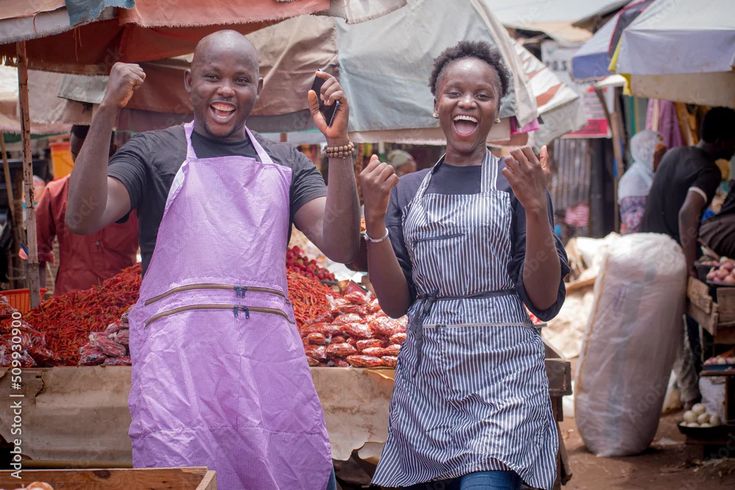In Igbo land, traditional Igbo markets were never just places to buy and sell. They were living classrooms, the heartbeat of community life, where patience, trust, and adaptability were tested daily. From Eke to Orie, Afor to Nkwo, every market day carried lessons that shaped both individuals and entire communities.
Today, while trading spaces have shifted to Instagram pages, WhatsApp groups, and urban pop-ups, the wisdom of traditional Igbo markets remains timeless. For youth entrepreneurs, these lessons; patience, trust, adaptability, and community, are as valuable in the digital age as they were in the red-earth squares of old.
As the Igbo say, “Ahia adighi agba, onye nwe ya na-eche ya” — the market never sleeps, it only waits for its owner.
Lesson 1: Patience – Waiting for Your Market Day
Every Igbo market day had its turn. If it wasn’t Eke today, then Nkwo would come. Traders understood rhythm, timing, and the patience to prepare for the right season. A farmer didn’t rush yam before its time, and a cloth trader knew when festivities would drive demand.
For youth entrepreneurs, this is a reminder: not every success comes overnight. In a world of instant gratification, patience becomes a rare but powerful asset. Growth in business takes consistency, discipline, and timing.
“Onye buru chi ya uzo, ogbagbuo onwe ya n’oso” — he who runs ahead of his destiny will tire himself out. Patience is not delay; it is strategy.
Lesson 2: Trust – Reputation as Currency
In the old markets, trust was worth more than money. A trader’s word could seal a deal, and integrity built long-lasting relationships. If you cheated a buyer, the word spread and your stall suffered.
Fast forward to today: reviews, testimonials, and recommendations play the same role. Youth entrepreneurs must guard their reputation jealously, for it is their strongest currency. Deliver on promises, treat customers fairly, and let honesty speak louder than advertising.
Because when trust is broken, no marketing budget can fully repair it.
Lesson 3: Adaptability – Reading the Seasons
“Agbanwe agbanwe ka eji ama onye ogaranya” — adaptability reveals who will prosper.
Markets were fluid, not fixed. During the harvest, yams filled the square. When the palm fruit season came, oil took center stage. Traders shifted with the times, and those who adapted prospered.
Modern entrepreneurship is no different. Trends change, technology evolves, and customer tastes shift quickly. To survive, youth businesses must remain flexible; willing to learn, unlearn, and pivot.
Stubbornness may close doors, but flexibility opens new markets.
Lesson 4: Community – The Market Belongs to Everyone

An Igbo market was never just about the individual. It was where communities gathered, where news was shared, disputes were resolved, and survival was collective. The market square was proof that one person’s success could ripple outward.
Today, youth businesses thrive when they build communities whether through loyal followers online, collaborations with peers, or partnerships that create shared value. No business grows in isolation; networks matter.
For entrepreneurs, this means creating not just customers but a tribe. A business that builds community lasts longer than one that only chases profit.
Why These Lessons Still Matter
The wisdom of the traditional market reminds us that business is more than profit. It is about sustainability, legacy, and values that stand the test of time. Youth entrepreneurs are not simply hustling; they are carrying forward centuries of market knowledge, reimagined for new spaces.
Patience, trust, adaptability, and community are not old-fashioned, they are timeless. They are the foundation of businesses that don’t just rise fast, but endure.
Conclusion
The market, whether in the red-earth square of Nkwo or the glowing screen of a smartphone, never truly sleeps. It evolves, adapts, and waits for those who know how to listen to its rhythm.
The Igbo ancestors who traded under the sun would smile to see their values alive in the digital age. Because old or new, one truth remains: the spirit of the market endures, and it is this spirit that keeps enterprise alive across generations.
